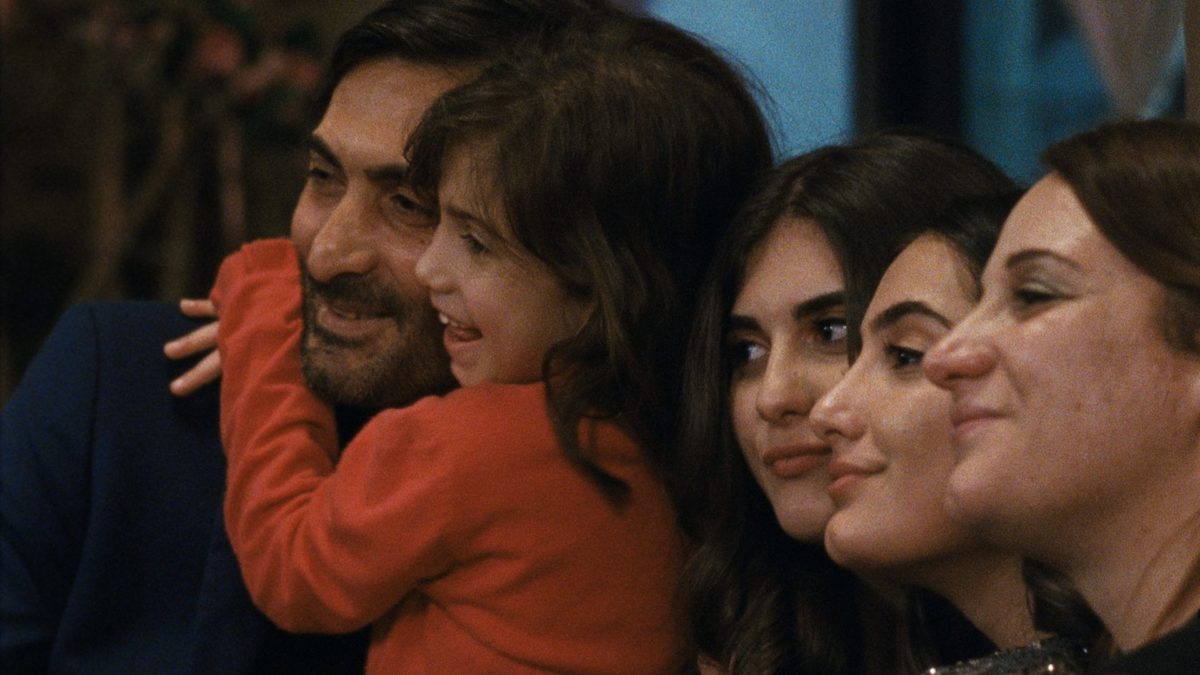Writing the script for his third feature length film, Jonas Carpignano was not only inspired by the widespread pauperization in the Italian region of Calabria, but also by the concrete experiences of one of those families who are confronted with it every day—the Rotolo family. Aiming to transcend the difference between actor and character, he shaped his protagonists to their image and let them play their own roles.
The close ties between the actors and between them and the director—Carpignano lived close to the Rotolos for several years—generate a naturalist acting style that prefers spontaneity and contingency to technical mastery. Especially in the long opening sequence, a big birthday party with a continuous supply of red wine, olives and Parma ham, their interactions seem unscripted and unstaged. Without intervening, the Italian-American director captures the festivities around him as a silent, appreciative invitee.
However, as soon as the narrative tension increases, this cinéma vérité style fades. Shocked by the appearance of her father’s face on a wanted poster, 18-year old Chiara (Swamy Rotolo) suddenly realizes that he is not simply a shy and affectionate parent, but a mafia drug baron. Longing for the affirmation that he is a good guy after all, she starts searching for her fugitive parent and becomes increasingly entangled in his hidden second life. Caught in a narrative function and a pre-determined character, Swamy Rotolo loses her spontaneity. As her character approaches the truth about her father, the truthfulness of her performance dissolves.
